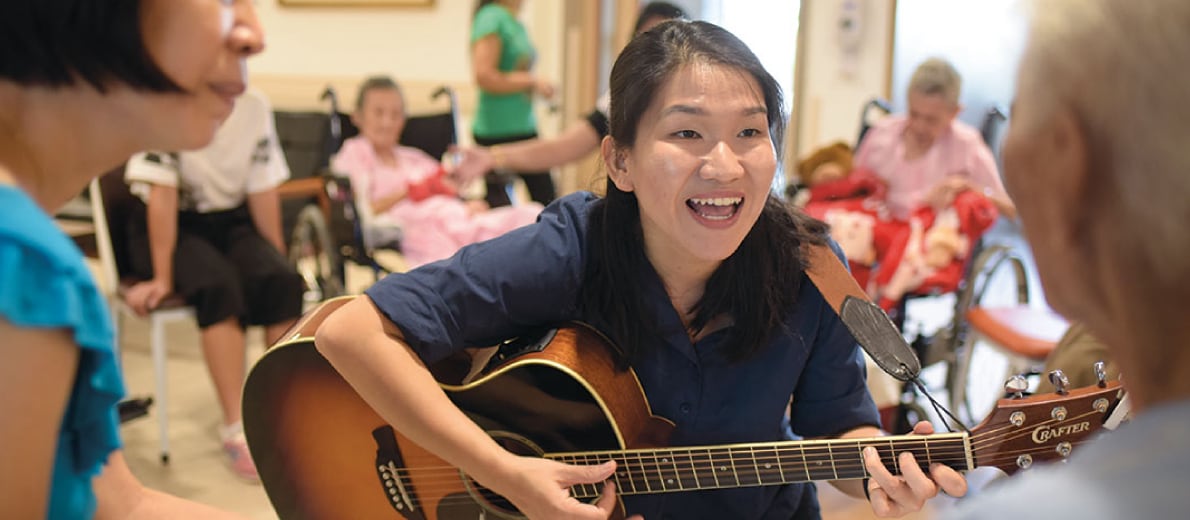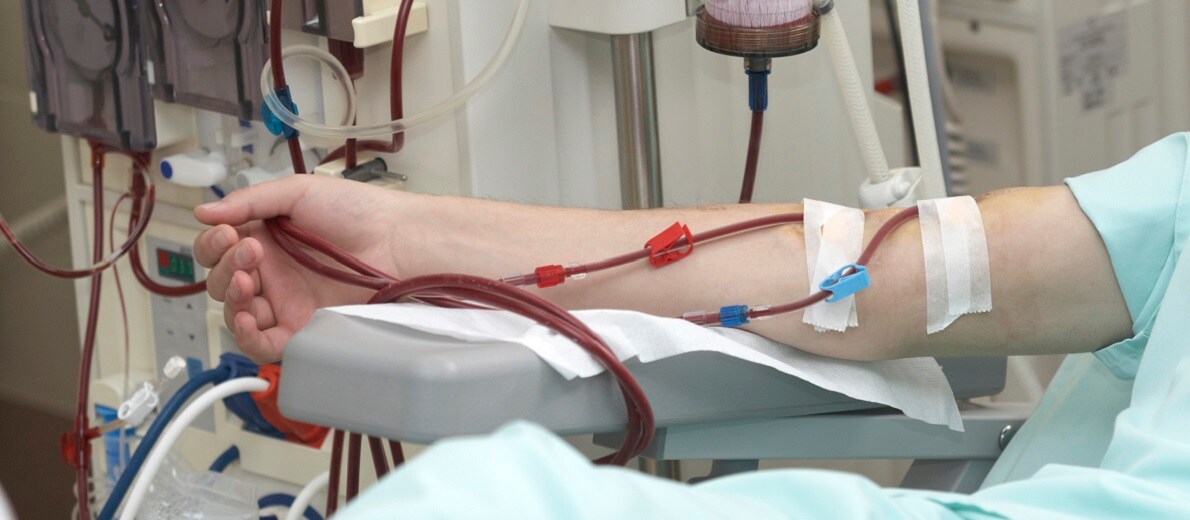Mental Health and You
Mental Health and You
A recent nationwide Singapore Mental Health Study revealed that mental health is one of the most pressing healthcare issues in Singapore. However, the issue is frequently sidestepped or misunderstood.

Youths aged 18 to 34 are more vulnerable to mental health issues
Co-funded by Temasek Foundation and Ministry of Health, the study revealed the state of mental health among Singaporeans. Most people believe mental disorders affect others, not themselves. Most people also believe in taking care of their bodies by exercising and eating healthy food, but neglect the health of their minds.
But the reality is, the state of mental health is just as important as your physical health. And mental disorders are more widespread than you think.
1. Young adults aged 18 to 34 are most at risk
The study found that those aged 18 to 34 were more vulnerable to mental health issues.
Experts believe this is because they are going through multiple transitions in life, both emotionally and socially.
An increased use of social media could also be another reason. According to a study published in the American Journal Of Preventive Medicine in July last year (2018), the more time young people spent on social media – such as YouTube, Instagram, or Facebook – the more socially isolated they perceived themselves to be.
2. Depression, alcohol abuse and obsessive compulsive disorder (OCD) are the top 3 mental disorders in Singapore
a) Depression is #1
Celebrity chef Anthony Bourdain, fashion icon Kate Spade and Linkin Park frontman Chester Bennington struggled with the condition and eventually lost their lives. In Singapore, depression afflicts one in 16 people.
The disorder, which extends beyond “feeling blue”, is characterised by intense feelings of sadness, loss, or anger that interfere with a person’s everyday activities. It causes people to spiral into a deep, dark end – and some are unable to bounce back.
It could happen to anyone, but the study did pinpoint a vulnerable group – those who were divorced and separated were more likely to experience depression in their lifetime.
If a loved one is battling depression, do not hesitate to have a chat with him/her, show that you care and is willing to journey through this tough time with him/her. Sometimes the invitation to share those dark thoughts brings relief.

Depression is one of the top 3 mental disorders in Singapore
b) Alcohol abuse is #2
Getting sloshed during a New Year’s party is probably a common sight but having a hangover every day is unusual. Yet, it is getting more prevalent in recent years.
Today, one in 24 people here battle alcohol abuse, up from one in 32 in 2010. Many sufferers are usually not able to fulfill their obligations at work, school or home, or find themselves in physically hazardous situations such as drunk driving.
Alcohol addiction could lead to death too. British singer Amy Winehouse died of alcohol poisoning in 2013, after years of battling the disorder.
Most people with alcohol problems do not change their drinking habits overnight. Recovery is usually a gradual process. The first step is to set goals and announce them, so friends, family and co-workers know that the person is trying to stop or cut back on drinking.
c) OCD is #3
We often make fun of friends, calling them “anal” or OCD. But it is a real disorder, which affects one in 28 people in their lifetime.
The illness is commonly characterised by recurrent and persistent thoughts, impulses or images, and when severe, impedes a person’s ability to function. For example, a person who showers for two hours or takes an hour to tie shoelaces might be showing signs of OCD.
To overcome OCD usually involves making changes in daily behaviours, which enable the person to accept, rather than resist, the obsessive thoughts. The more they can accept the thoughts, and the less they fight these thoughts, the better they will do.

Encourage your loved one to seek timely professional help
More than three-quarters of those with a mental disorder in their lifetime did not seek any professional help. However, those who sought help did so earlier than what was observed in the last survey done in 2010.
3. What are the telltale signs of mental health problems?
It is not easy as some disorders are “invisible” – people who are afflicted by it do not necessarily “look sick”. However, these 5 guiding questions could help you assess if a friend or family member is mentally ill:
- Is there a change in personality?
Are there signs of uncharacteristic anxiety, anger, or moodiness?
Is someone withdrawing and isolating himself or herself socially?
Is someone exhibiting risky behaviours, and lack self-care?
Is someone overwhelmed with a sense of hopelessness?
4. If you see someone who is suffering, here’s what you can do:
Always offer a listening ear. Try to understand what he or she wants or is trying to express.
Stay calm. Avoid making hurtful comments when you are frustrated.
Show that you are not ashamed of them. This will ease feelings of guilt or fears that loved ones may have due to their predicament.
Encourage them to seek medical help.
For professional advice on mental health, you may wish to contact the 24-hour Helpline at 6389 2222 or visit https://www.chat.mentalhealth.sg/


